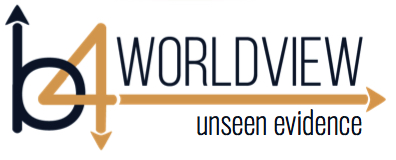
Key Thought for this session:
“If any outcome of life is acceptable to me, then any path will get me there.”
The idea that fair exchange makes actions right often overwhelms judgments of right and wrong about actions. Even for those who believe truth is absolute, ... relative truth becomes the outcome for those who are caught up in this idea of fair exchange. So, it is quite a normal part of human nature to think that relativism is a dominant view of truth in that relativism naturally flows from the sense that whatever exchange works for individuals is right, as long as the actions are “fair.” This does not, I repeat, does not justify relative truth as a proper worldview; this just explains why human nature biases us toward relative truth, even when we might believe truth is absolute. But, as we have discovered, this is just another way human nature can often deceive us. Okay... so there is much more to this debate. Let’s continue. There is another reality of life that makes distinguishing relative and absolute truth complex. At least, there is an issue that many people I know struggle with. Sometimes individuals and communities are faced with situations where two absolute truths contradict each other. It’s not very clear how to apply absolute truth that seems right when two truths contradict. Let’s take the absolute truth that many people accept - no human being has the right to take another person’s life. Some people claim that “thou shall not kill” is absolutely true. However, even though a community believes that it is wrong to kill, there are still those who do commit murder. To deter murder, the society may decide to implement the “death penalty” for anyone convicted of the crime of murder. But how can society justify killing someone for the crime of killing someone? Some justify it by believing the absolute truth that severe punishment deters wrong behavior. Some feel justified because they believe enacting justice is the right thing to do... “an eye for an eye” ... “a life for a life.” And what about war? Or self-defense when someone needs to kill an attacker to protect themselves or their family? Isn’t there absolute truth about defending yourself and those you love?